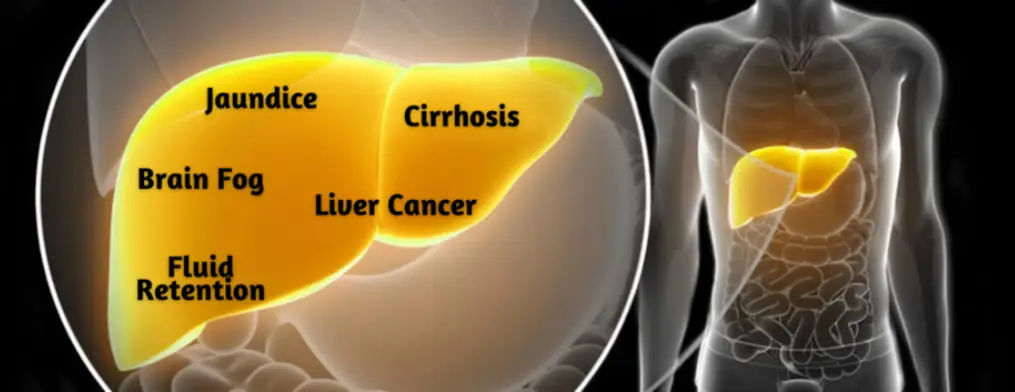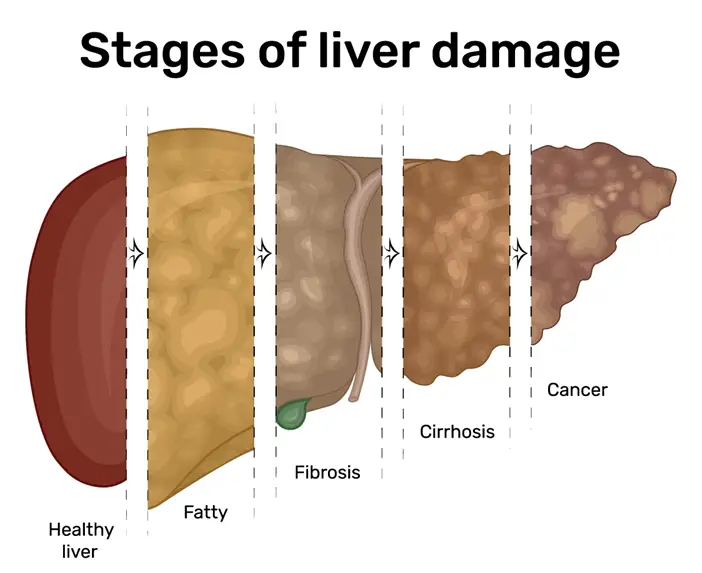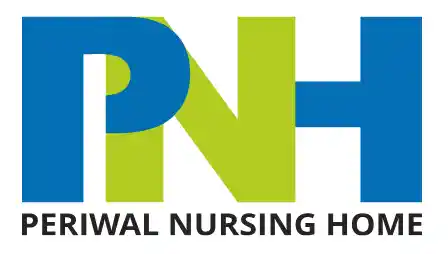What Your Liver Health Says About Your Overall Wellness?
Post Categories

The liver is one of the most powerful and hardworking organs in your body. From processing nutrients and medications to filtering toxins and producing bile, the liver is a silent multitasker that plays a vital role in your day-to-day health.
Yet, liver health often goes unnoticed—until it’s too late. Fatigue, bloating, or yellowing of the eyes are sometimes dismissed as minor issues when in fact they may signal serious liver concerns.
In this blog, we’ll break down what liver health says about your overall wellness, the warning signs you shouldn’t ignore, and why early detection is essential for preventing long-term complications.
Why Is the Liver So Important?

Located on the right side of your abdomen, the liver performs over 500 critical functions, many of which are directly linked to your general well-being.
Here are just a few things your liver does every single day:
- Detoxifies blood by filtering toxins and waste
- Metabolizes nutrients from food
- Regulates blood sugar levels
- Produces bile for digestion
- Stores vitamins, iron, and energy (glycogen)
- Breaks down old red blood cells and hormones
When your liver isn’t functioning properly, the impact can be felt across your digestive system, immune system, energy levels, skin, and brain.
How Liver Health Affects Overall Wellness?

| Liver Function | If Healthy | If Compromised |
|---|---|---|
| Detoxification | Toxins are filtered and eliminated | Fatigue, brain fog, toxin buildup |
| Metabolism | Nutrients are absorbed and used efficiently | Malnutrition, weight loss, weakness |
| Bile Production | Proper fat digestion and nutrient absorption | Indigestion, bloating, greasy stools |
| Glucose Regulation | Stable energy levels and blood sugar | Blood sugar crashes, diabetes risk |
| Immune Support | Fights off infections efficiently | Frequent illness or inflammation |
| Hormonal Balance | Hormones are broken down and processed | Hormonal imbalances, mood swings |
Signs Your Liver Might Be in Trouble
Liver conditions often develop silently, showing symptoms only in moderate or advanced stages. Recognizing the early warning signs can be life-saving.
1. Fatigue and Low Energy
When your liver is overworked or inflamed, your body diverts energy toward detoxification—leaving you feeling drained.
2. Yellowing of Eyes or Skin (Jaundice)
This classic symptom indicates a buildup of bilirubin, a waste product that the liver normally filters.
3. Loss of Appetite or Nausea
A sluggish liver interferes with digestion, leading to appetite loss, nausea, and bloating.
4. Dark Urine or Pale Stool
These changes in color often point to bile flow issues—a key indicator of liver dysfunction.
5. Abdominal Swelling or Pain (especially right side)
Discomfort under the right rib cage can be a sign of liver inflammation or an enlarged liver.
Common Liver Diseases You Should Know About

Fatty Liver Disease (NAFLD & ALD)
Caused by excess fat buildup in the liver, linked to obesity, poor diet, or alcohol. May progress to cirrhosis if untreated.
Hepatitis (A, B, C)
Viral infections that inflame the liver, leading to chronic damage if not managed
Liver Cirrhosis
Scarring of liver tissue due to long-term injury or inflammation. Irreversible and life-threatening.
Liver Cancer (Hepatocellular Carcinoma)
Often develops silently in the background of fatty liver or cirrhosis. Requires expert oncological care.
How to Keep Your Liver Healthy?
Maintaining liver health is not complicated—but it does require consistent lifestyle habits.
1. Eat a Liver-Friendly Diet
- Include green leafy vegetables, garlic, beets, turmeric, berries
- Avoid trans fats, processed foods, and excessive sugar
2. Stay Physically Active
Exercise helps reduce liver fat and insulin resistance—two major contributors to liver disease.
3. Limit Alcohol Consumption
Excess alcohol directly damages liver cells and promotes fatty liver and cirrhosis.
4. Monitor Your Weight
Obesity is a key risk factor for non-alcoholic fatty liver disease (NAFLD).
5. Get Regular Screenings
Especially if you have diabetes, high cholesterol, or a family history of liver issues.
When to See a Liver Specialist?
While your general physician may help with early detection, a GI or hepatobiliary specialist is best equipped to diagnose, manage, or surgically treat liver-related disorders.
Seek expert consultation if:
- Liver enzyme levels are elevated in blood tests
- You’ve been diagnosed with fatty liver, hepatitis, or cirrhosis
- There’s suspicion of a liver mass or tumor
- You need liver-related surgery or cancer treatment
Liver Cancer & Surgical Intervention
Liver tumors—both benign and cancerous—may require surgery, especially if:
- They’re growing in size
- They affect bile flow or blood supply
- They’re at risk of spreading to other organs
Hepatobiliary oncologists, like Dr. Aditya Periwal, specialize in these complex surgeries, often using minimally invasive techniques that promote faster recovery and lower complication rates.
Conclusion: Healthy Liver, Healthy Life
Your liver silently supports almost every vital function in your body. Ignoring its health could compromise your digestion, immunity, energy, and even your lifespan. Thankfully, with early detection and proper care, most liver conditions are treatable—and many are reversible.
If you’re experiencing unexplained symptoms or have been diagnosed with a liver-related condition, don’t delay expert consultation. Dr. Aditya Periwal, a leading Consultant Onco Surgeon and Hepatobiliary Specialist, brings advanced expertise in diagnosing and surgically treating liver, gallbladder, and GI-related tumors.




